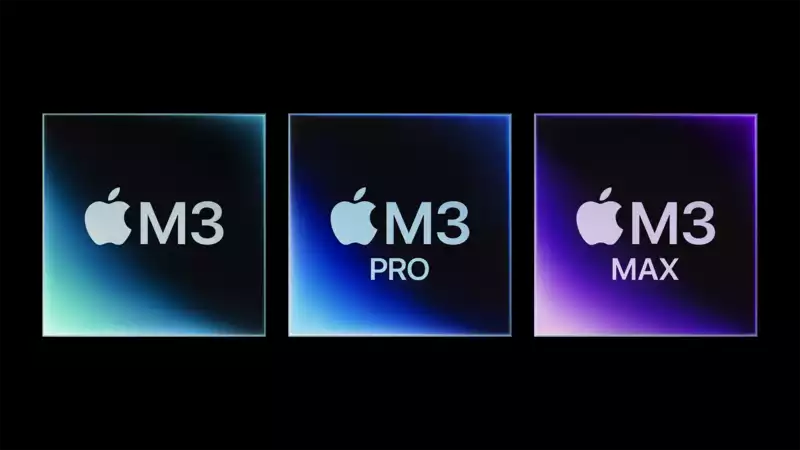The new MacBook Pro with M3 series chips will be available on November 7, and already some purported benchmark numbers have been leaked. If these numbers are accurate, the M3 MacBook Pro benchmarks would indicate serious power. However, several competitors still have the upper hand.
As 9to5Mac found (and subsequently verified), benchmarks have appeared in Geekbench that support Apple's claims about the power of its next-generation processor. M2 according to the leaked figures.
The list above shows a single-core score of 3,030 and a multi-core figure of 11,649. For an 8-core CPU on the basic M3 chip, Apple says we can expect 35% faster performance than the M1 and 20% faster than the M2. If this leak is legitimate, Apple has hit the mark.
The average Geekbench scores for the MacBook Air with M1 are 2,333 and 8,313, a 35% difference; the average scores for the MacBook Air with M2 are 2,572 and 9,645, an 18% and 21% improvement respectively. It may not sound very impressive, but Apple promises improved graphics performance. The Cupertino-based technology giant says its 10-core GPU is up to 65% faster than the M1 and 20% faster than the M2.
Another Geekbench benchmark of a MacBook Pro with M3 Max was released after the base M3. Here, it achieves a single-core score of 2,971 and a multi-core score of 20,785. If these numbers are true, they are overwhelming the M2 Max averages (2,736 and 14,497), but relatively on par with the M2 Ultra.
These alleged Geekbench scores confirm what Apple has said about its new processor, but how do these numbers compare to its competitors? There is good news and bad news for Apple.
As the graph above shows, both the regular M3 and the more enhanced M3 Max beat rival chips from Intel and AMD in single-core performance, although the M3's allegedly leaked numbers also beat Qualcomm's Snapdragon X Elite chip, only by a small margin.
Checking the multicore scores shows that the gap is even wider. The base M3 is at the bottom of the pack compared to all the other chips listed above. The M3 Max, however, dominates all processors, but the gap has narrowed.
As is always the case with any leaked information, everything explained above should be taken with the proverbial grain of salt. Once we bring the new Apple laptops into our test lab we will see what the M3 chip can really do. If these allegedly leaked numbers are accurate, it seems unlikely that the entry-level M3 will beat its competitors. However, the M3 Max should perform quite well.
For now, check out our hands-on review of the 16-inch MacBook Pro. A full review with benchmarks of all M3-equipped Macs will be coming soon.










Comments